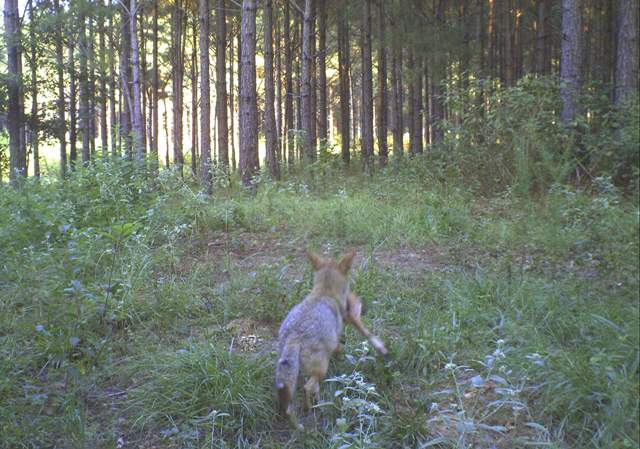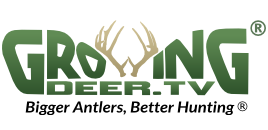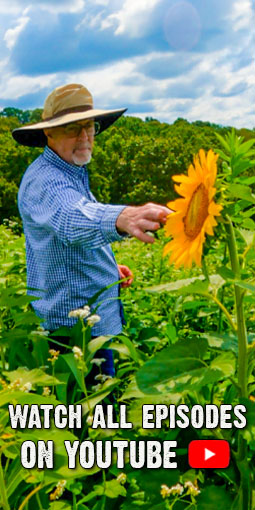Changes In Hunting Strategy: Fawn Predation
Filed under: Deer Hunting, Hunting Blog
As I explained in my blog last week, Hunting Strategies: The Late Rut, my primary buck hunting strategy this time of year is geared around fawns. Female fawns reach puberty when they’ve grown enough to weigh about 70 pounds throughout most of the whitetails range. That’s obtainable in most areas if there is adequate quality forage and a fairly balanced adult sex ratio. One of the many benefits of a balanced adult sex ratio is that there are plenty of bucks available to breed the does as soon as they become receptive.
These fawns often reach puberty during the later portion of deer season which causes a flurry of rutting behavior. In areas where the deer herd is “tuned up” (a balanced adult sex ratio, older age class bucks present, and ample quality forage to allow deer to express most of their body and antler size potential) female fawns typically reach puberty about a month or so after adult does. This flurry of rutting behavior is often called the “secondary rut.”
I live and hunt on an island of deer management. I’m only aware of one neighbor (out of 34) that establishes food plots (although the game wardens have made a few cases of folks hunting over bait), passes up immature bucks, or attempts to harvest as many does as bucks. I’m truly an island in a sea of properties that simply shoot deer – primarily young bucks.
Even though my property is a deer management island, I’ve been able to improve the habitat enough that a substantial percentage of female fawns in my area reach puberty and bred during their first winter (there’s hope for all you “island” deer managers)!

Coyotes are tremendous fawn killers, 60%+ of all fawns born in an area are killed primarily by coyotes.
However, if there aren’t many female fawns, this exciting hunting opportunity won’t happen (as well as several other negative impacts to the deer herd). That’s one reason I trap and hunt coyotes. Coyotes are tremendous fawn killers. They tend to kill fawns during the first few hours and weeks after the fawns are born. Amazingly, several university research projects have shown 60%+ of all fawns born in an area are killed by predators, primarily coyotes in most studies. This has huge impacts on the herd.Once you’ve digested that information, realize that the number of coyotes is rapidly increasing in many areas, especially in eastern states! At 60% +/- fawn mortality, there won’t be many fawns reaching puberty the following fall and therefore the fawn/food source hunting strategy won’t work. Actually, after a few years of heavy fawn mortality no deer hunting strategy will work well because there won’t be many deer!
That’s why I trap and hunt coyotes! Just as good stewards work to balance adult sex ratios and provide ample quality forage, they should also work to balance the predator/prey relationship so neither get out of balance and do long-term damage to the habitat or other species of wildlife. In many areas, removing predators benefits the deer herd and deer hunters as much as other deer management activities.
I’m out to check my traps now, and I’m spending most afternoons watching food plots and enjoying seeing fawns! I’m very confident one of them will have a mature buck following.
GrowingDeer together,
Grant



